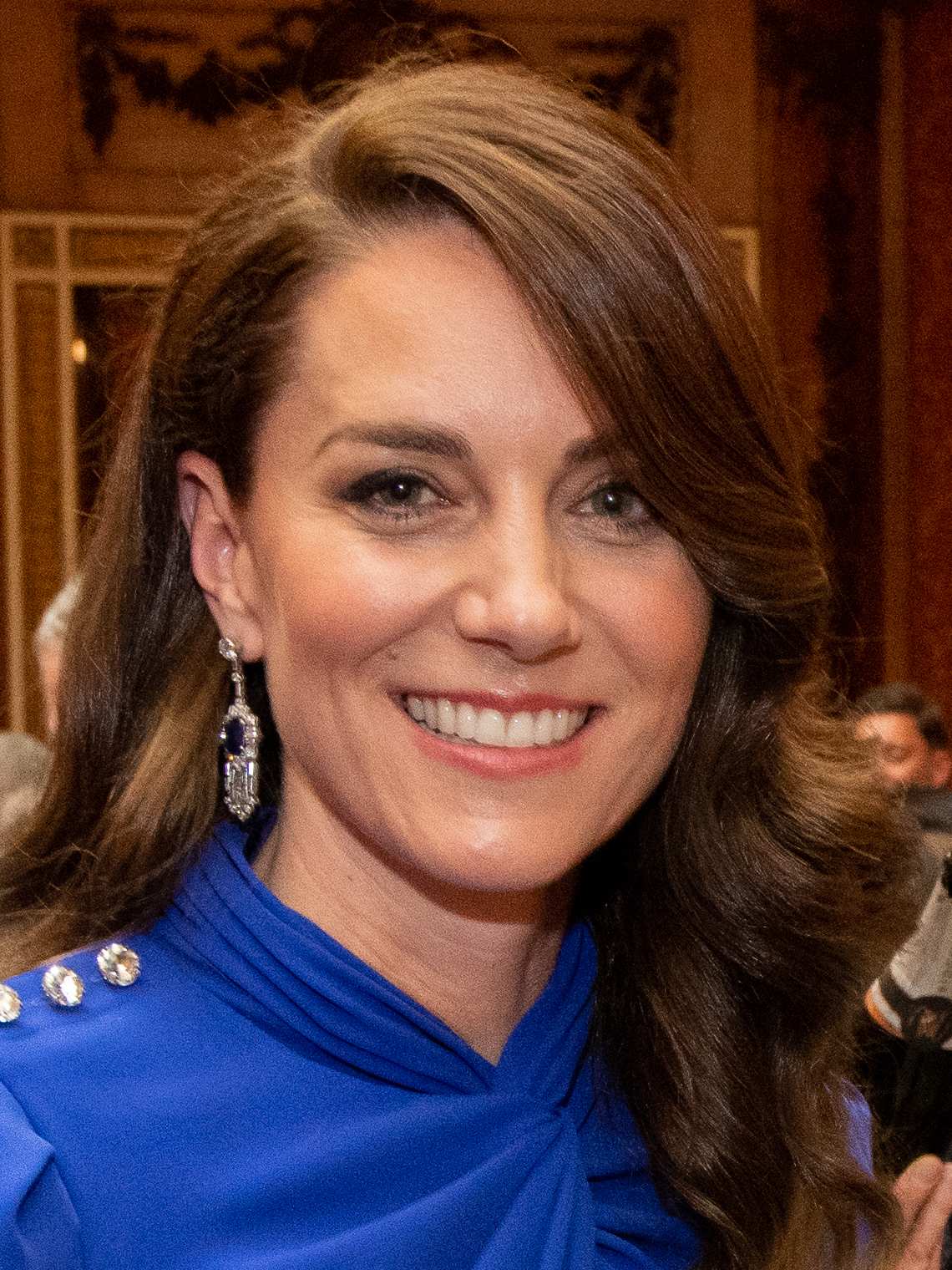In a recent appearance, Meghan Markle, the Duchess of Sussex, stirred up quite a conversation after introducing herself with her royal title while reading to children.
Back from a trip to Germany and reunited with her beloved dog, Otis, Meghan expressed her gratitude towards those who have signed up for the Truly app, which is still in its beta phase.
She also shared a heartfelt thank you to her friend Ruth for a lovely gift—a Princess Diana teacup that holds sentimental value for her.
As she settled back into her routine, Meghan’s reading session quickly turned into a hot topic.
During a video segment on Brightly Story Time, she introduced herself as “Meghan, the Duchess of Sussex,” before diving into her children’s book, “The Bench.”
This self-introduction raised eyebrows, particularly among social media users.
Questions arose about the appropriateness of using her royal title in a casual setting with young children.
Critics were quick to respond, questioning Meghan’s decision to emphasize her title.
Some viewers found it puzzling that she would present herself as a duchess while engaging with kids who may not even understand the significance of that title.
One Twitter user remarked on the absurdity of a duchess reading to children in America, suggesting that Meghan was trying too hard to maintain an image that feels out of place in her current context.
The backlash intensified as more voices joined the conversation.
Many expressed disbelief that Meghan would prioritize her title over simply connecting with the children.
Comments like, “Who introduces themselves to kids as the Duchess?”
echoed the sentiments of those who felt her approach was misguided.
Critics argued that her title should not overshadow the purpose of the reading—sharing a story with young minds.
On the flip side, supporters of Meghan defended her use of the title, emphasizing that she remains a royal by marriage.
They pointed out that Harry is still a prince, and Meghan retains her duchess title.
Some argued that her royal status is an integral part of her identity, regardless of her current living situation in the United States.
However, this defense brought its own set of questions.
Many wondered why Meghan and Harry would continue to embrace royal titles while distancing themselves from royal duties.
Critics likened it to misusing a gift—one given for a specific purpose that they no longer fulfill.
The analogy resonated with those who feel that their titles should come with responsibilities, not just be used for personal gain.
Amidst the criticism, some Twitter users pointed out that the Queen had approved Meghan and Harry’s titles as a wedding gift.
They argued that since the royal family had no issue with them keeping their titles, others should not either.
Yet, the debate continued, with many still grappling with the idea of former royals leveraging their titles for commercial endeavors.
In the midst of the controversy, Meghan’s book, “The Bench,” has seen remarkable success, reaching the top of the New York Times bestseller list for children’s picture books shortly after its release.
During a public visit to New York in September, Meghan read her book to eager students in Harlem and has donated thousands of copies to schools and libraries across the United States.
Supporters of Meghan highlight her commitment to literacy and her efforts to promote children’s well-being.
They argue that her philanthropic actions should be celebrated rather than scrutinized.
However, critics caution against viewing these charitable gestures as mere publicity stunts aimed at maintaining her celebrity status.
The ongoing dialogue surrounding Meghan’s title and her actions raises important questions about identity and responsibility.
As she navigates her role as a public figure, the balance between her past as a royal and her present in America remains a complex issue.
While some see her efforts as genuine, others perceive them as a calculated move to keep her relevance alive.
In the end, the conversation about Meghan Markle and her royal title reflects broader themes of celebrity culture, identity, and the expectations placed upon public figures.
As she continues to engage with audiences through her writing and philanthropic work, the scrutiny surrounding her choices is likely to persist.
Whether viewed as a champion for children’s literacy or as someone clinging to a title, Meghan’s journey remains a captivating narrative in the ever-evolving landscape of modern royalty.










